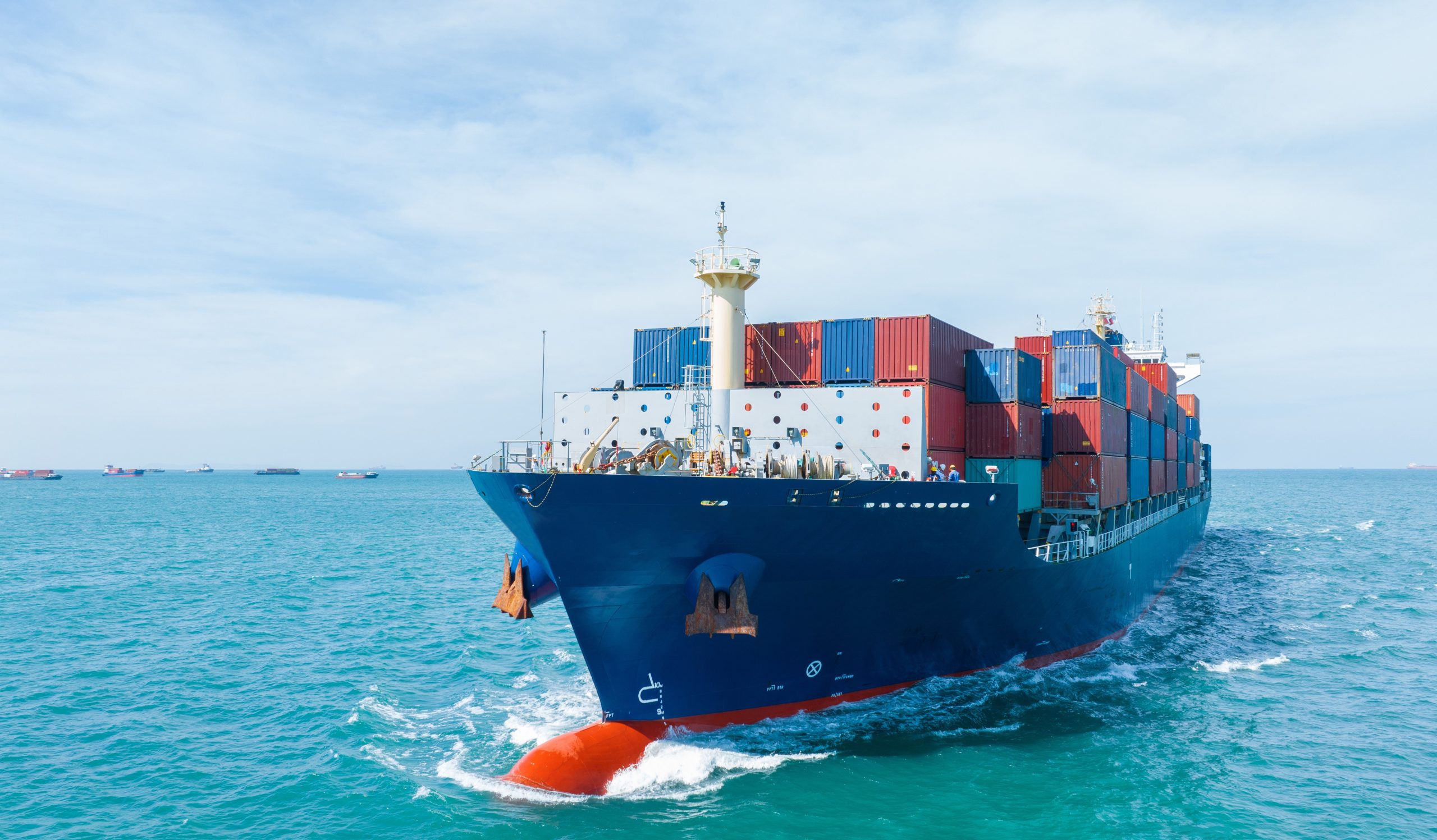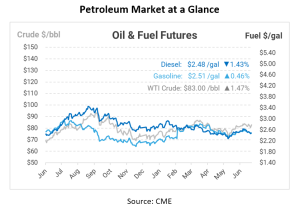
The Role of Marine DEF in the Energy Industry
In the marine industry, where diesel engines power everything from cargo ships to fishing boats, maintaining efficiency and meeting environmental standards is paramount. Marine Grade (AUS-40) Diesel Exhaust Fluid (DEF) plays a crucial role in this effort. For fleet owners and operators, understanding the importance of DEF is essential, as it helps significantly reduce harmful emissions and ensures that vessels comply with environmental regulations while running efficiently.
The Environmental Protection Agency (EPA) has mandated that ocean-going vessels, including barges, freight ships, and ferries, must use SCR systems to reduce harmful nitrogen oxide (NOx) emissions from diesel engines. This regulation is part of a broader effort to cut sulfur levels in marine diesel by 99% over ten years, significantly reducing the environmental impact of maritime operations. DEF plays a critical role in this process by breaking down NOx emissions into harmless nitrogen and water. You can learn more about SCR systems here.
The catalyst in a marine Selective Catalytic Reduction (SCR) system is significantly expensive. Low-quality AUS-40 solutions can lead to impurities blocking the SCR catalyst, reducing its effectiveness and causing problems for other system components. Therefore, choosing a high-quality AUS-40 is essential to maintain the efficiency and longevity of the SCR system.
How Does 40% Marine DEF Work?
Marine DEF is a non-hazardous solution composed of 60% deionized water and 40% urea. When injected into the exhaust stream of a diesel engine, DEF reacts with the NOx emissions in the presence of a catalyst within the SCR system. The urea in the DEF decomposes and forms ammonia, which then reacts with the NOx to form nitrogen and water vapor. These byproducts are harmless and are safely released into the atmosphere. You can learn more about 40% Marine DEF here.
Planning Your DEF Supply
Delivering DEF to vessels in port involves strict safety protocols. Proper planning ensures that all safety measures are in place, reducing the risk of accidents and ensuring a smooth delivery process. Unlike trucks that can easily access DEF at retail stations, vessels require meticulous planning to ensure timely delivery. Advance notice to your DEF supplier is crucial for preparing and scheduling the delivery when your vessel is docked.
Without proper planning, there’s a risk of missing the delivery window, which can lead to costly delays. If DEF is not delivered on time, your vessel may need to make an unscheduled stop at another port, causing delays and increasing operational costs. This disruption can impact your schedule and profitability.
Marine DEF is indispensable for the maritime industry, ensuring compliance with stringent environmental regulations and enhancing the sustainability of marine operations. Understanding the importance of DEF and planning for its timely supply enables fleet operators to maintain efficient and environmentally friendly operations, contributing to a greener future for the industry.
Searching for a High-Quality DEF for your Fleet? Look no further!
Mansfield Energy understands the importance of protecting your fleet assets. Today’s high-tech diesel engines are expensive. Using poor quality, off-spec DEF can increase fuel consumption, equipment downtime, and maintenance expenses. Mansfield ensures customers always have a reliable supply of high-quality DEF that consistently meets ISO standards.
With our extensive network of distribution partners combined with our own dedicated assets, Mansfield offers unmatched logistics to ensure you always have the DEF you need. Contact us today!

This article is part of Daily Market News & Insights
Tagged: DEF, Energy Industry, marine, marine DEF
MARKET CONDITION REPORT - DISCLAIMER
The information contained herein is derived from sources believed to be reliable; however, this information is not guaranteed as to its accuracy or completeness. Furthermore, no responsibility is assumed for use of this material and no express or implied warranties or guarantees are made. This material and any view or comment expressed herein are provided for informational purposes only and should not be construed in any way as an inducement or recommendation to buy or sell products, commodity futures or options contracts.





